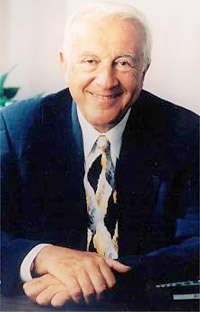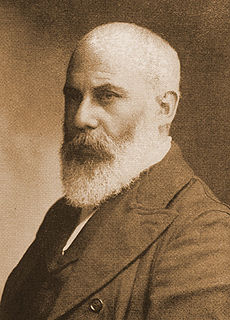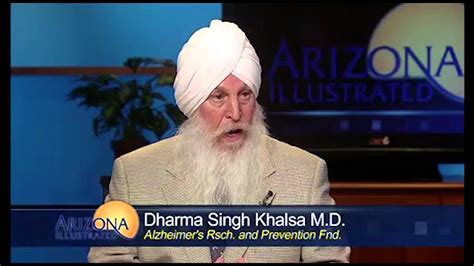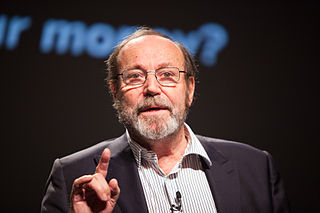A Quote by Mark Hyman, M.D.
Heart disease is not a Lipitor, Crestor or even an “anacetrapib” deficiency. It is a complex end result of multiple factors driven by our diet, fitness level, stress, and other lifestyle factors such as smoking, social connections, and, increasingly, environmental toxins.
Related Quotes
When I heard that heart disease kills more women than all cancers combined - when I heard that, I knew. The other thing that's very important is that heart disease...is preventable. There are some specific lifestyle changes that women can make: losing weight, not smoking, exercising, eating healthy foods. Knowing the risk factors: high blood pressure, high cholesterol, diabetes, [being] overweight. And if you have heart disease in your family, you should see your doctor. Because this disease is preventable.
Basically, for any complex to be sustainable needs to have a balance between two factors: resilience and efficiency. These two factors can be calculated from the structure of the network that is involved in a complex system. A resilient, efficient system needs to be diverse and interconnected. On the other hand, diversity and interconnectivity decrease efficiency. Therefore, the key is an appropriate balance between efficiency and resilience.






































